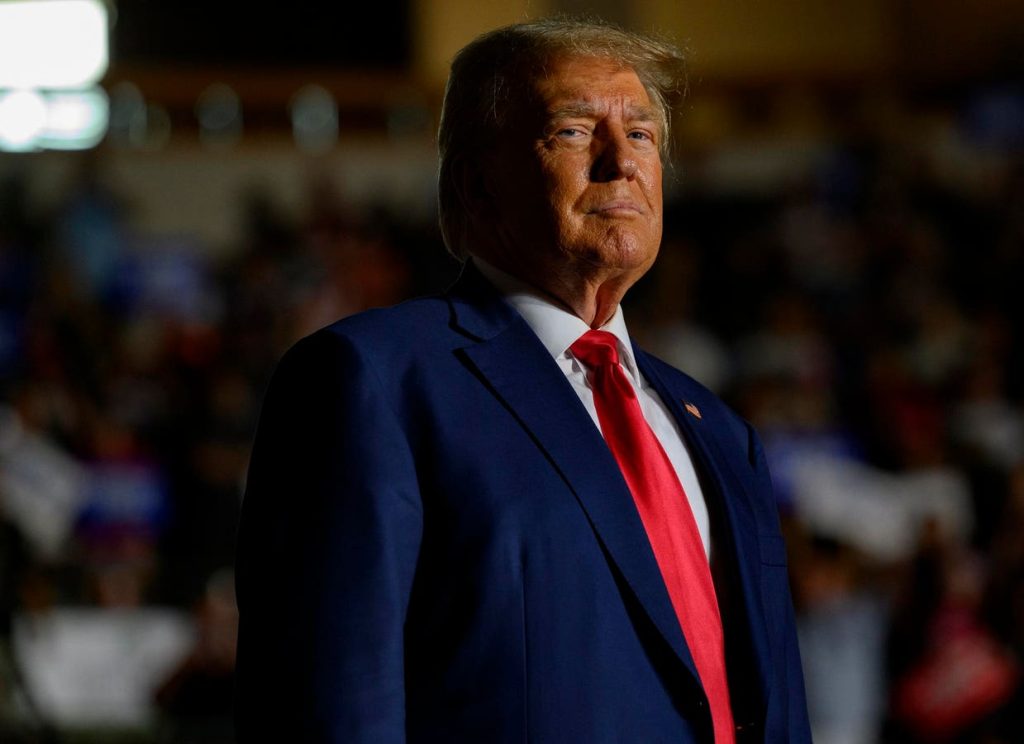Former President Donald Trump’s recent conviction on 34 charges relating to hush money payments and falsifying business records has sparked conversations about the potential impact on climate change litigation. While the two issues may seem unrelated, the path taken by prosecutors in the Trump case could serve as a blueprint for climate activists looking to target business executives for their role in climate change impacts.
Climate activists have increasingly turned to the legal system to hold companies and governments accountable for their role in exacerbating climate change. While most cases have been civil and focused on financial penalties, a new legal theory is emerging that seeks to attach criminal liability. A criminal complaint was filed against French oil company TotalEnergies and its executives for failing to align emissions with the Paris Agreement.
While it is unlikely that charges will be brought in the TotalEnergies complaint, the filing demonstrates the willingness of some activists to use the criminal justice system to push for changes in business practices. Similarly, the prosecution of Trump was a unique approach that utilized business record laws to secure a conviction. This unconventional strategy could serve as a model for future climate change litigation against businesses and executives.
The Trump case was prosecuted under New York penal code Title K, which focuses on offenses involving fraud. Trump was convicted of falsifying business records in the first degree, which requires intent to commit another crime. However, there is a lesser charge of falsifying business records in the second degree, which applies to false entries or alterations in business records. This suggests that similar business record laws could be used in climate change cases.
The rise of sustainability reporting and environmental, social, and governance (ESG) reports has increased the potential for legal action against companies for false or misleading claims related to climate change. Companies are facing increased scrutiny over their environmental activities and marketing claims, with regulators cracking down on greenwashing. The Trump conviction has elevated the importance of being diligent in climate claims and actions, prompting businesses to consider legal counsel with expertise in this area.
As new reporting standards and regulations are adopted globally, businesses must be prepared to navigate the complex legal landscape surrounding climate change. The Trump conviction serves as a wake-up call for executives and boards to ensure they are transparent and accurate in their climate-related disclosures. The evolving legal landscape suggests that climate activists may soon turn to business record laws to seek criminal prosecution for climate claims, making it imperative for businesses to stay ahead of potential legal challenges.


